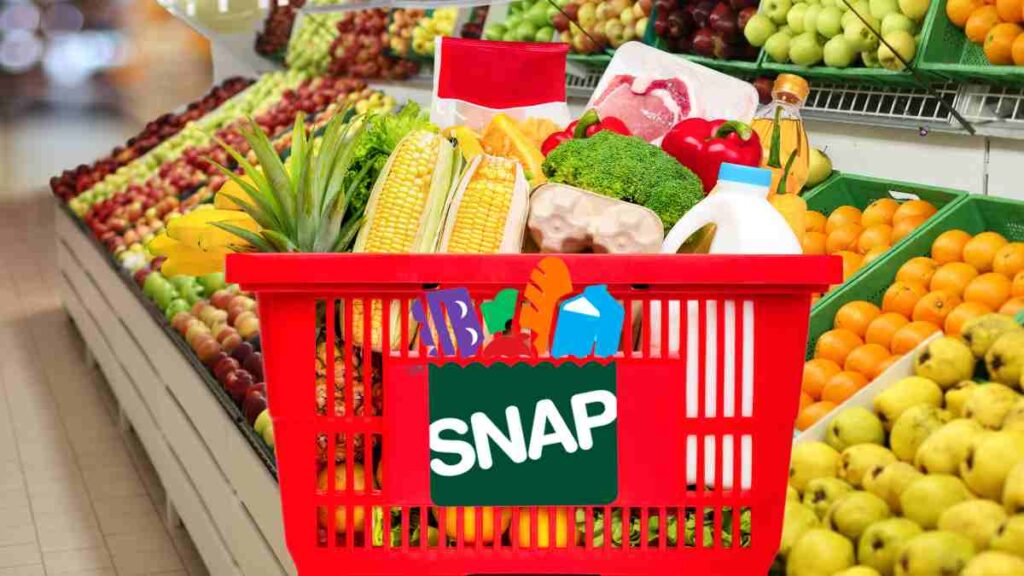The Supplemental Nutrition Assistance Program (SNAP) is one of the most vital tools in the fight against food insecurity in the United States. More than 40 million people rely on this program, including 1.9 million residents of New York State, to ensure they have food on their tables. In cities like New York, where the cost of living is particularly high, SNAP acts as a lifeline for working families struggling to make ends meet.
With Congress currently debating the federal budget and the future of SNAP within the framework of the Farm Bill, families and organizations across New York are mobilizing to oppose potential cuts that could leave millions without access to essential nutrition.
The importance of SNAP for millions of Americans
Food insecurity has surged in recent years, with the most recent U.S. Census data indicating a 76% increase in the number of New Yorkers reporting difficulties in accessing food compared to just two years ago. Joel Berg, CEO of Hunger Free America, describes this trend as alarming and unsustainable.
In New York City alone, SNAP facilitates the purchase of approximately $5 billion worth of groceries annually. Any reduction to the program’s funding would have profound and far-reaching effects.
“If the program were cut by even 10%, that would mean $500 million less for food in New York,” Berg warns. Food pantries and soup kitchens, already stretched thin, would face overwhelming demand, further deepening the crisis in communities across the state.
Why SNAP is irreplaceable
While charitable organizations and food banks play an essential role in addressing hunger, their reach is limited. Federal programs like SNAP, the Special Supplemental Nutrition Program for Women, Infants, and Children (WIC), and school meal initiatives provide roughly 17 times more food assistance in economic terms than all the food charities in the United States combined. This disparity underscores the indispensability of government-backed programs.
If SNAP were to experience cuts, the existing network of charitable organizations would be unable to absorb the increased demand. Millions of families could face dire situations as a result, underscoring that no alternative infrastructure exists to replace what federal assistance provides.
Families and organizations take action to protect SNAP
Faced with the possibility of funding reductions, families, community organizations, and local officials are ramping up pressure on Congress to secure SNAP’s funding before the end of the year. Without immediate action, the consequences could be devastating—more people going hungry, increased strain on food assistance programs, and a decline in public health outcomes for millions of Americans.
“Reducing SNAP funding wouldn’t just hurt vulnerable families; it would also have ripple effects on local economies,” advocates argue. Every dollar invested in SNAP generates a multiplier effect, benefiting not only recipients but also local businesses and communities at large. Grocers, farmers, and suppliers all depend on the steady demand that SNAP ensures.
The future of SNAP hangs in the balance
The Congressional debate over SNAP is about far more than numbers on a budget spreadsheet. For millions of families, this program is the difference between eating and going hungry. As lawmakers deliberate, families and organizations across New York are making their voices heard, fighting to preserve this essential safety net.
Food insecurity is a problem that cannot be ignored, and the stakes are higher than ever.
The decisions made by Congress in the coming months will not only determine the future of SNAP but also shape the well-being of millions of Americans who depend on it for survival.
